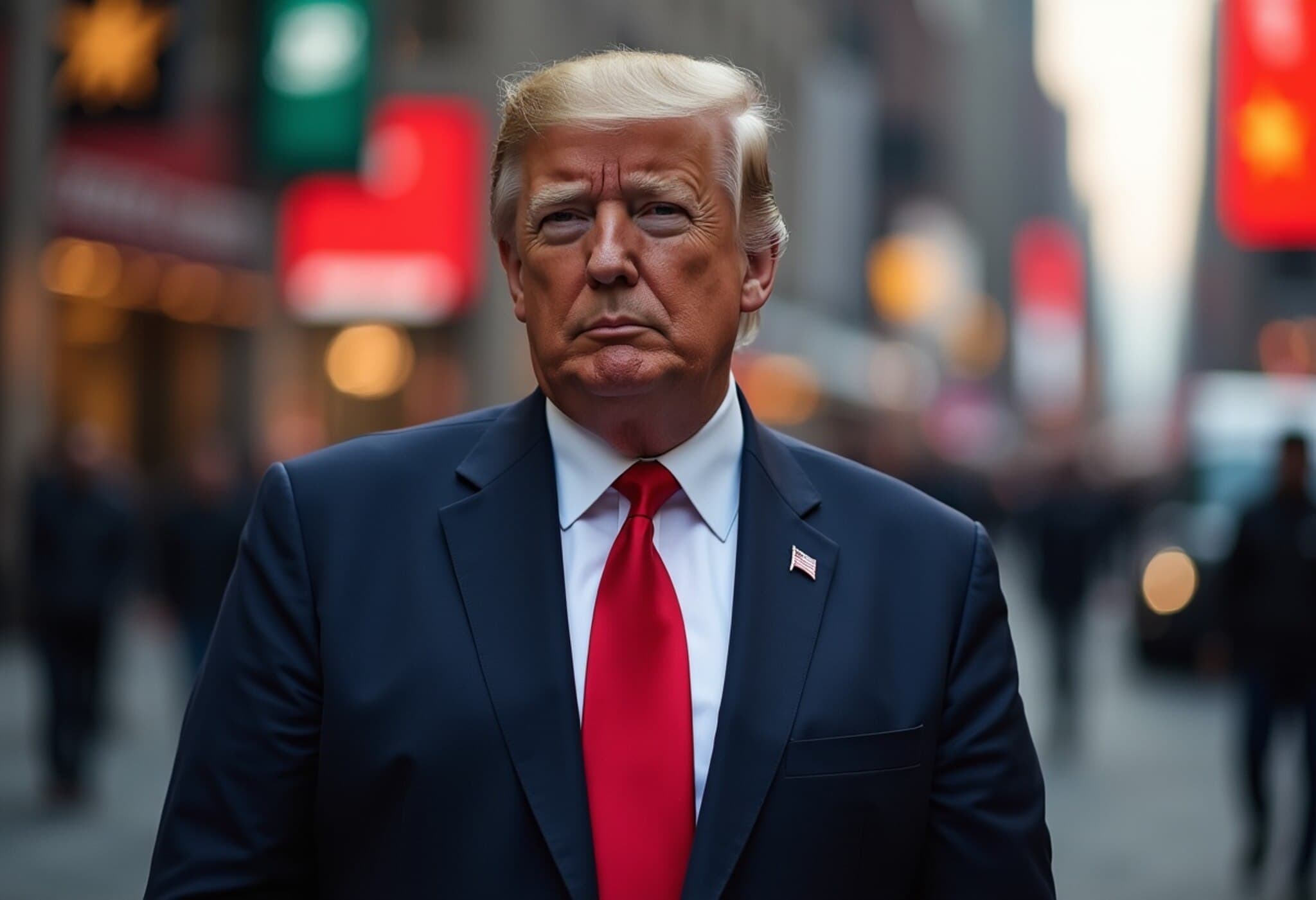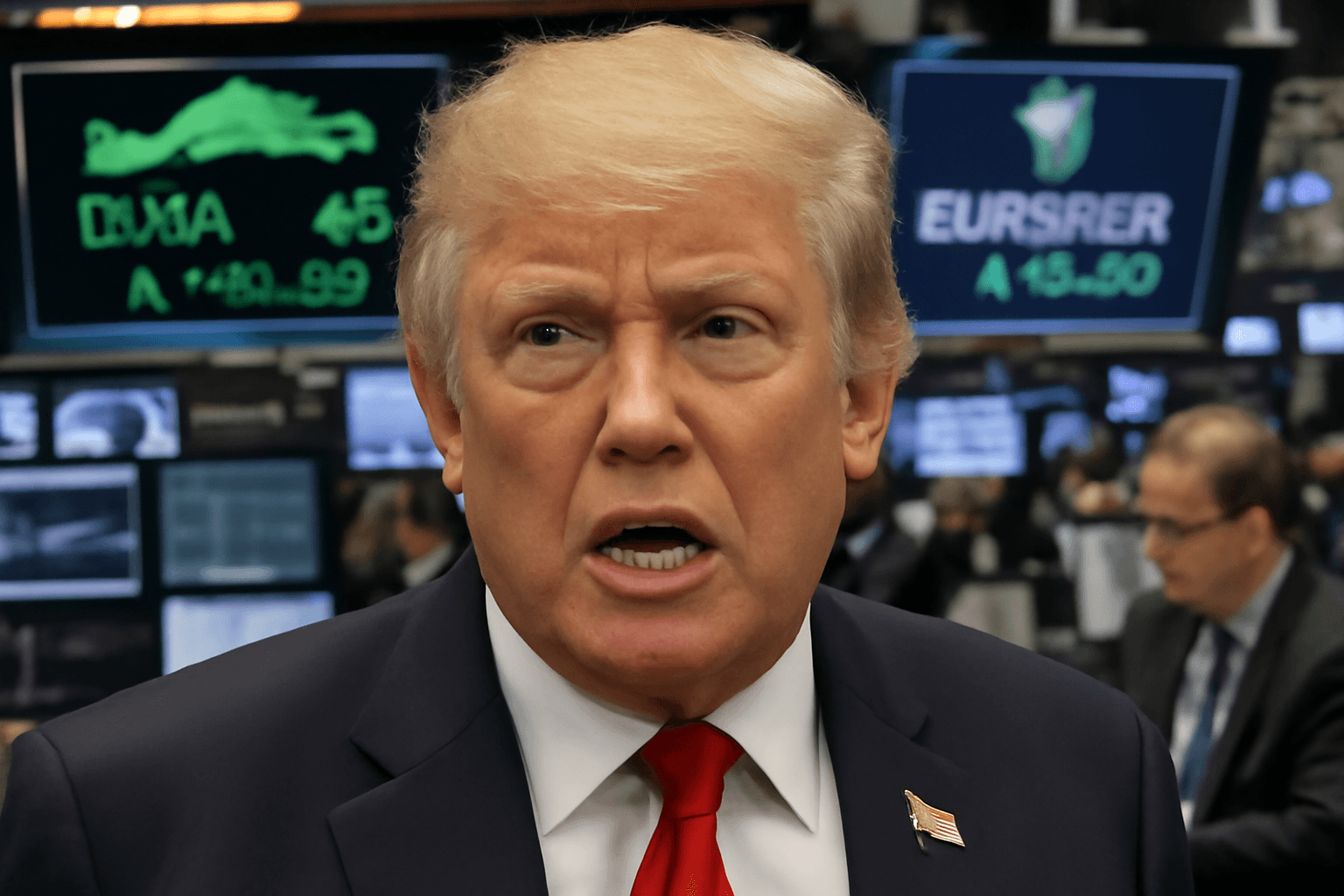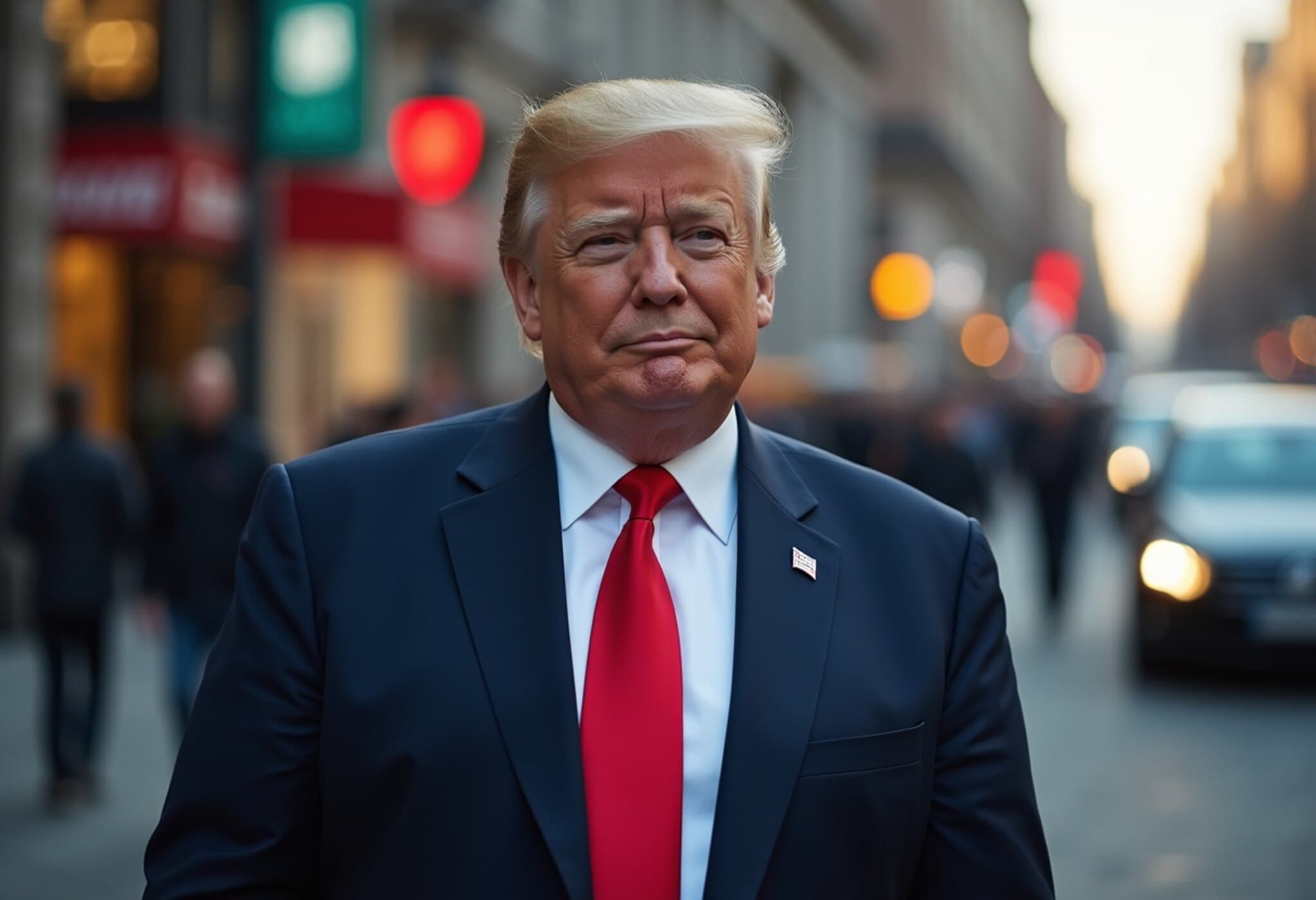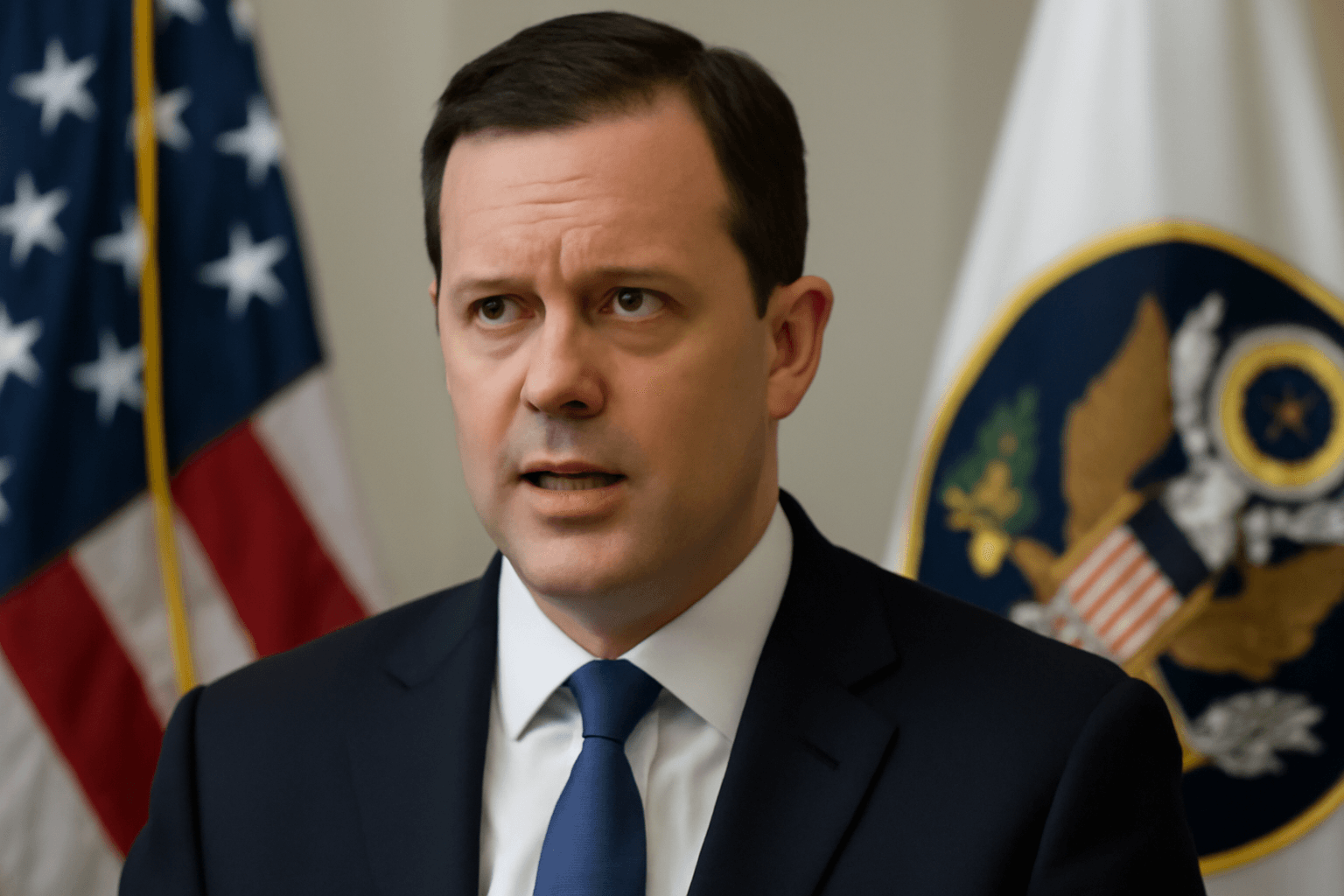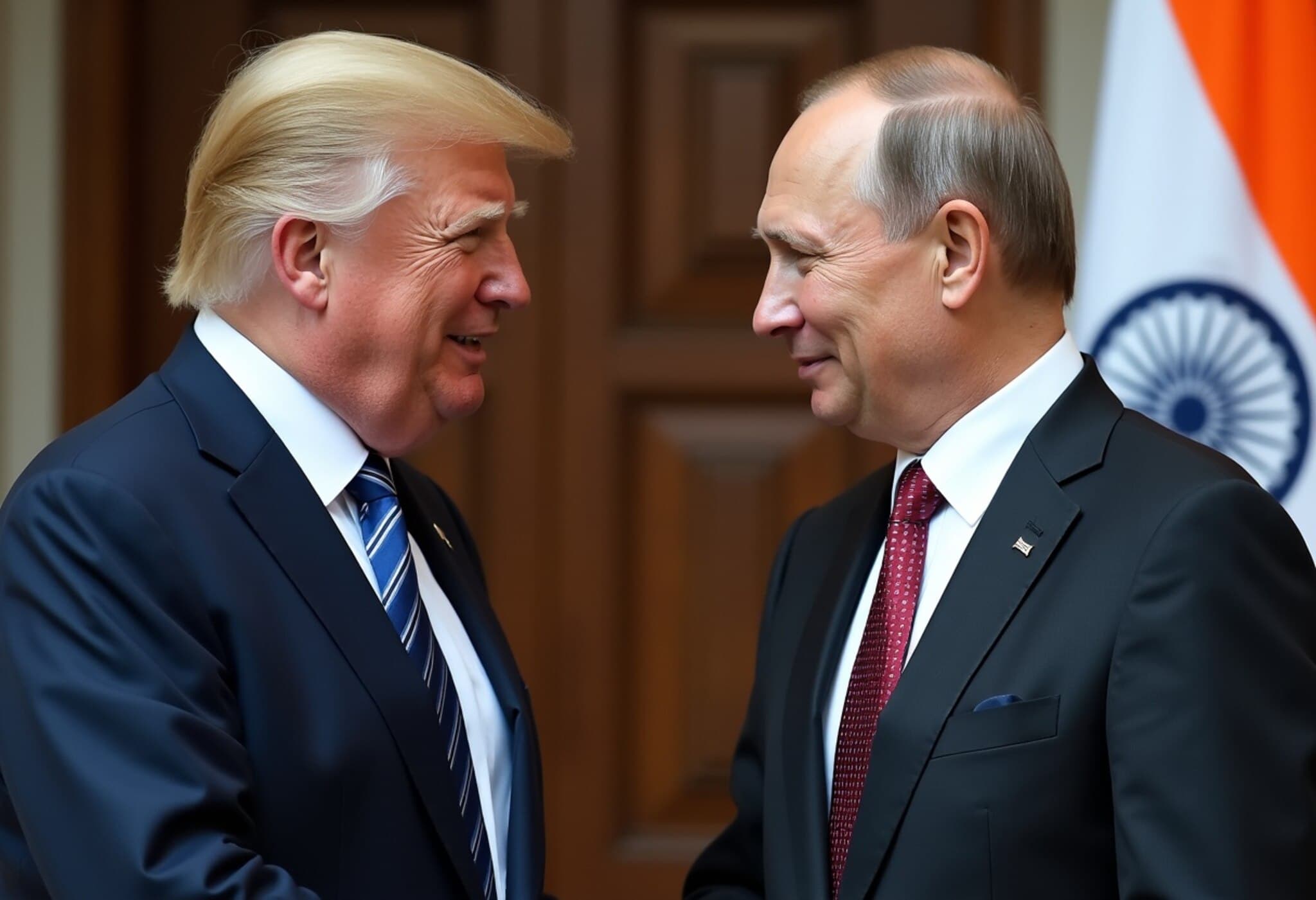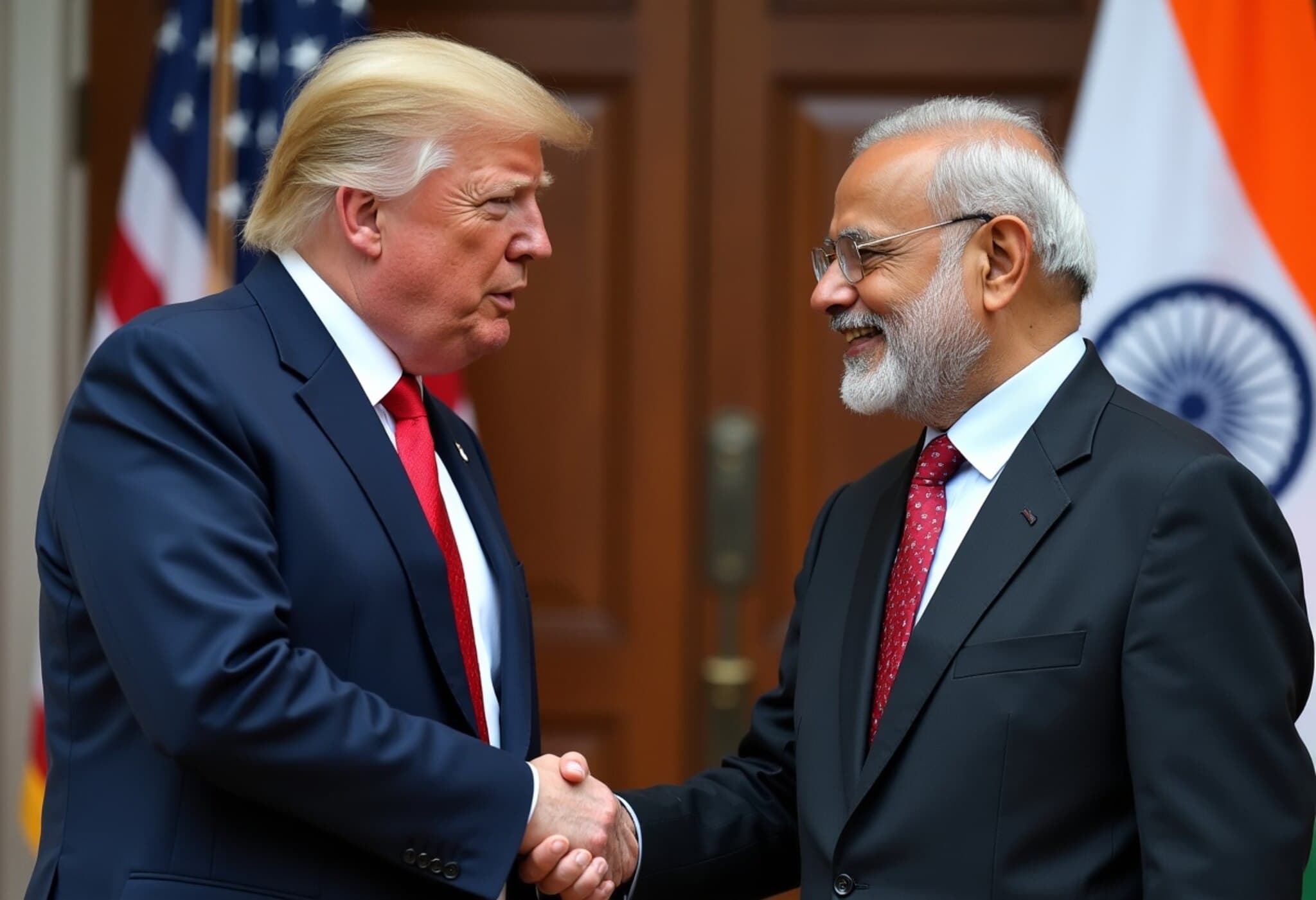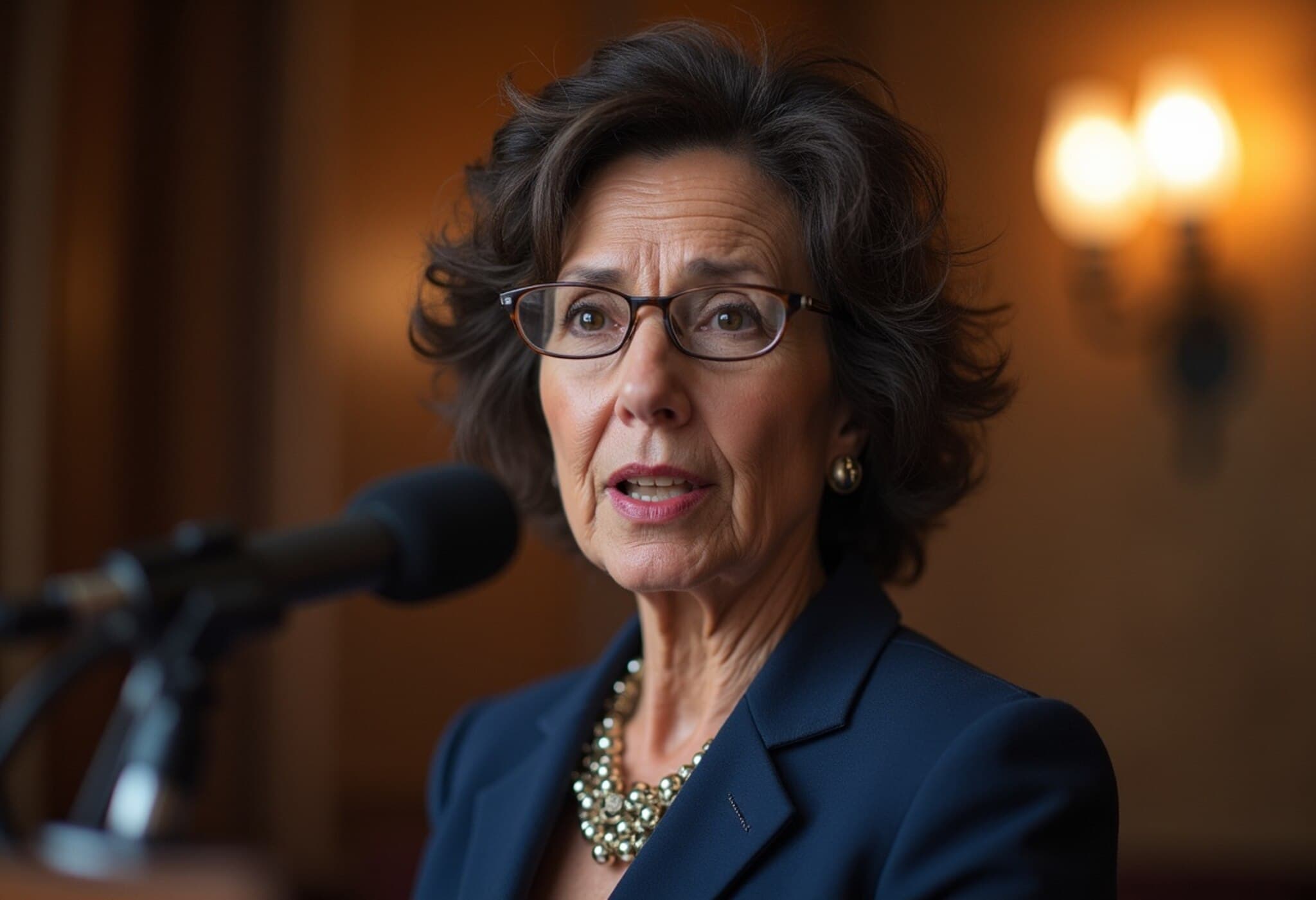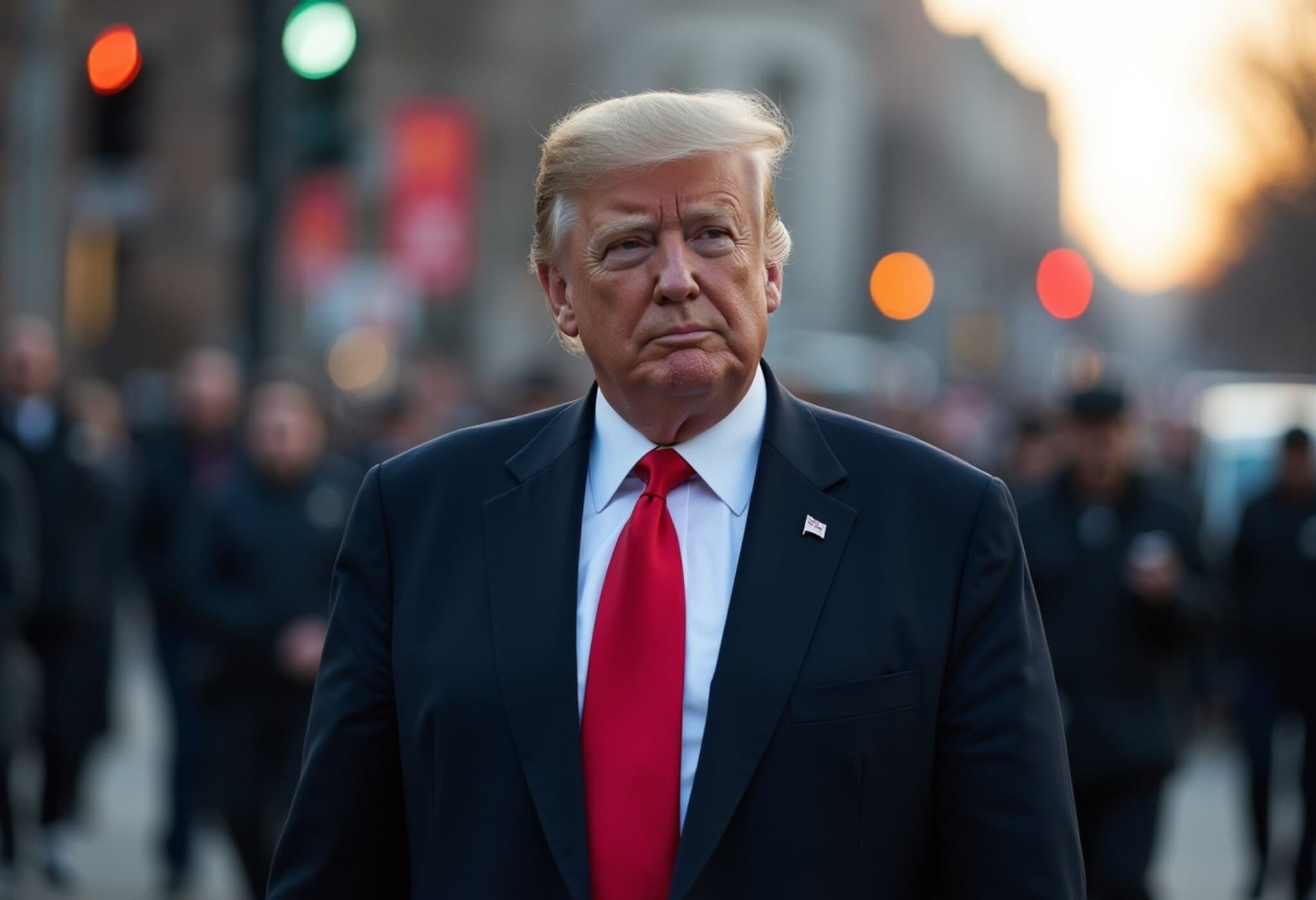Trump Extends Tariff Pause on Chinese Imports, Calming Some Trade War Fears
In a move many investors had anticipated, U.S. President Donald Trump announced a continued pause on the steep 145% tariffs imposed on Chinese imports—a policy known as "reciprocal tariffs." These duties, had they remained in full force, could have drastically hiked the prices for billions of dollars’ worth of goods exchanged between the world's two largest economies.
This extension brings a sigh of relief not only to the financial markets but to global economic stakeholders who feared a deepening trade war could shutter growth and destabilize supply chains. Despite the positive signal, U.S. stock markets ended Monday on a lower note, suggesting traders might be wary that such pauses could be temporary or see potential unforeseen consequences in the near term.
Investor Sentiment: Flip-Flopping from the White House Dilutes Market Responsiveness
The muted market response likely stems from a broader skepticism cultivated over months of unpredictable policy reversals from the Trump administration. Investors appear to be increasingly desensitized to the president's evolving rhetoric—from threats to conciliatory gestures—viewing statements as less definitive and more tactical.
A telling example came from Trump's contrasting remarks on Intel's CEO, Lip-Bu Tan. Last week, Trump criticized Tan as "highly conflicted," yet on Monday described Tan's business ascent as "an amazing story." This shift in tone leaves market watchers questioning the consistency behind White House engagements with corporate America.
Expert Insight: The Psychology of Political Messaging
Behavioral experts note that such reversal patterns may reflect psychological phenomena like projection and cognitive dissonance, influencing not just the decision-maker but public perception and market confidence. The oscillating statements contribute to a news cycle where audiences filter out important announcements as mere noise, raising concerns about effective policymaking in a hyper-polarized political climate.
Key Developments to Watch
- Tariff Pause Extended: President Trump confirmed on his platform Truth Social that the tariff suspension on Chinese goods remains in place, marking a continuation of a delicate truce fueling cautious optimism between Washington and Beijing.
- New Bureau Leadership: Trump announced his intention to nominate E.J. Antoni, chief economist at a conservative think tank, as commissioner of the Bureau of Labor Statistics. Antoni’s appointment is viewed as aligning closely with Trump’s economic agenda, potentially influencing labor market data reporting.
- Market Reaction: Despite the tariff respite, the S&P 500 and other major indexes declined as investors digested upcoming inflation data and weighed geopolitical uncertainties.
- Upgraded Market Outlook: Citibank boosted its S&P 500 forecast, citing strong corporate earnings, potential benefits from Trump’s "One Big Beautiful Bill," and less severe tariff impacts than initially feared.
The Bigger Picture: Tech Companies and the China Market
In agreements brokered recently, tech giants Nvidia and AMD have consented to share a portion of their Chinese sales revenue with the U.S. government. This novel arrangement highlights the transactional and pragmatic approach of the Trump administration, balancing enforcement with business realities.
Market analysts view this development positively, as it preserves these companies' access to China's vast consumer base while satisfying domestic political demands for economic leverage. The deal illuminates the complexities of navigating U.S.-China relations amid competing commercial interests and national security considerations.
Implications and Questions Moving Forward
While this tariff extension may offer a temporary calm, the broader trade relationship remains fragile, with policy reversals and executive communications continuing to influence market confidence. The juxtaposition of firm-handed trade measures alongside conciliatory pauses presents a paradox for businesses planning long-term strategies.
As policymakers and investors alike watch closely, critical questions emerge:
- How sustainable is this tariff pause in light of ongoing geopolitical tensions?
- What will Antoni’s leadership at the Bureau of Labor Statistics mean for the transparency and impartiality of economic data crucial for policy decisions?
- Can tech companies maintain their foothold in China without compromising U.S. strategic interests?
Editor’s Note
The extension of tariffs pause between the U.S. and China marks a fleeting respite in an otherwise tense global trade landscape. However, market responses reflect unease about the durability of these policies amid shifting political winds. Understanding these dynamics requires vigilance — from decoding leadership signals to scrutinizing economic appointments shaping data narratives. In navigating these complexities, stakeholders must question how resilient our economic frameworks are against political unpredictability and what that means for the broader health of the global economy.

